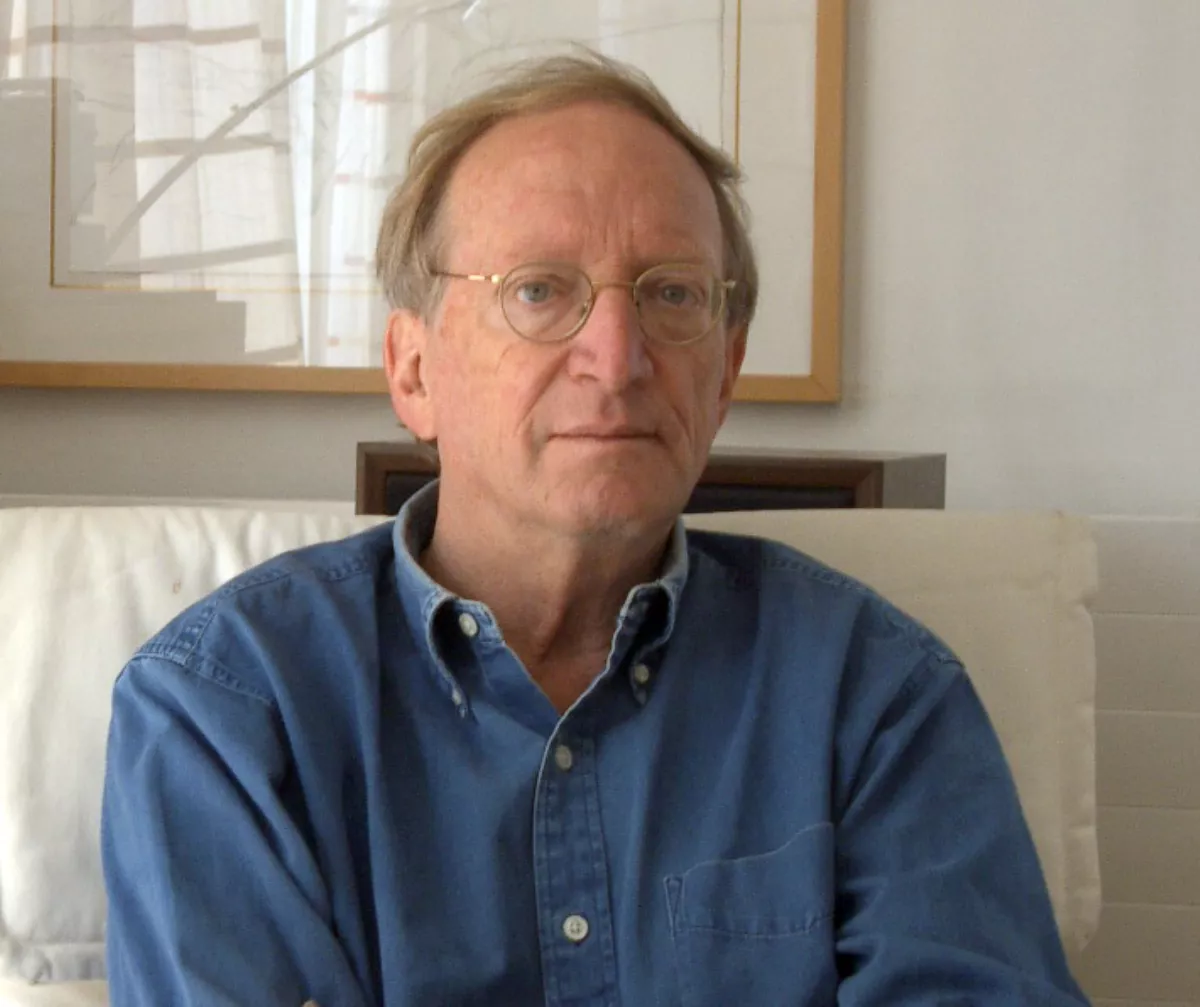 1.
1. Avishai Margalit is an Israeli professor emeritus in philosophy at the Hebrew University of Jerusalem.

 1.
1. Avishai Margalit is an Israeli professor emeritus in philosophy at the Hebrew University of Jerusalem.
Avishai Margalit was born in Afula, Mandatory Palestine, and grew up in Jerusalem.
Avishai Margalit was educated in Jerusalem and did his army service in the airborne Nahal.
In 1970, Margalit started teaching as an assistant professor at the philosophy department of the Hebrew University where he stayed throughout his academic career, climbing the ladder of academic promotions.
Since 2006 Avishai Margalit has been the George Kennan Professor at the Institute for Advanced Study in Princeton, New Jersey.
Avishai Margalit is a member of the Center for the Study of Rationality at the Hebrew University.
In 1999, Avishai Margalit delivered the Horkheimer Lectures at the University of Frankfurt, on The Ethics of Memory.
Avishai Margalit was among the founders of the "Moked" political party in 1973 and contributed to the writing of its platform.
Avishai Margalit was fifteenth on the party's list for the 1973 Knesset elections, but the party won only one seat.
Since 1984, Avishai Margalit has been a frequent contributor to the New York Review of Books, where he published articles on social, cultural and political issues; his political profiles included Yitzhak Rabin, Ariel Sharon, Yitzhak Shamir and Shimon Peres, as well as cultural-philosophical profiles of thinkers like Baruch Spinoza, Martin Buber and Yeshayahu Leibowitz.
In contrast to many in the philosophical tradition, who tend to accompany their abstract philosophical discussion with examples that are intentionally artificial or trivial, Avishai Margalit often starts from historical examples, whose richness and complexity precede their theoretical conceptualization.
Avishai Margalit poses the following dilemma: were you a painter, would you prefer your paintings to survive you after your death, even if your name will be forgotten, or would you rather have your name remembered even if none of your paintings survive.
In essence, Avishai Margalit argues that the ideal of the decent, non-humiliating society is not only more urgent but a more realistic and achievable ideal than that of the just society.
Rather than attempting to tie it to a particular characteristic shared by all humans and intrinsically worthy of respect, Avishai Margalit proposes to turn this explanation on its head: the practice of according humans respect, he suggests, precedes the idea of human dignity as a character trait.
The question whether we are under a moral obligation to remember certain things is discussed in the book in light of a central distinction Avishai Margalit introduces, between ethics and morality.
Avishai Margalit believes that memory is the key to our ethical relationships, and that communities of memory are built upon a network of divisions of labor for the different representations of memory.
Avishai Margalit is efficient yet soul-less, emotionally obtuse and led by a perverse value system.
In On Betrayal, Avishai Margalit argues for and investigates the persistent significance of betrayal.
Avishai Margalit identifies four main types of betrayal, belonging to four spheres of human experience: political betrayal, personal betrayal, religious betrayal, and betrayal of one's class.
Betrayal, Avishai Margalit says, is an essentially contested concept, "that is to say, in all its uses the concept of traitor is always subject to dispute along ideological lines".
The difference between a traitor worthy of contempt and a whistleblower worthy of applause, Avishai Margalit says, consists in the righteousness of their cause and the purity of their motives.
Avishai Margalit was elected to the American Philosophical Society in 2018.
Avishai Margalit was married to Edna Ullmann-Margalit, a professor of philosophy at the Hebrew University.